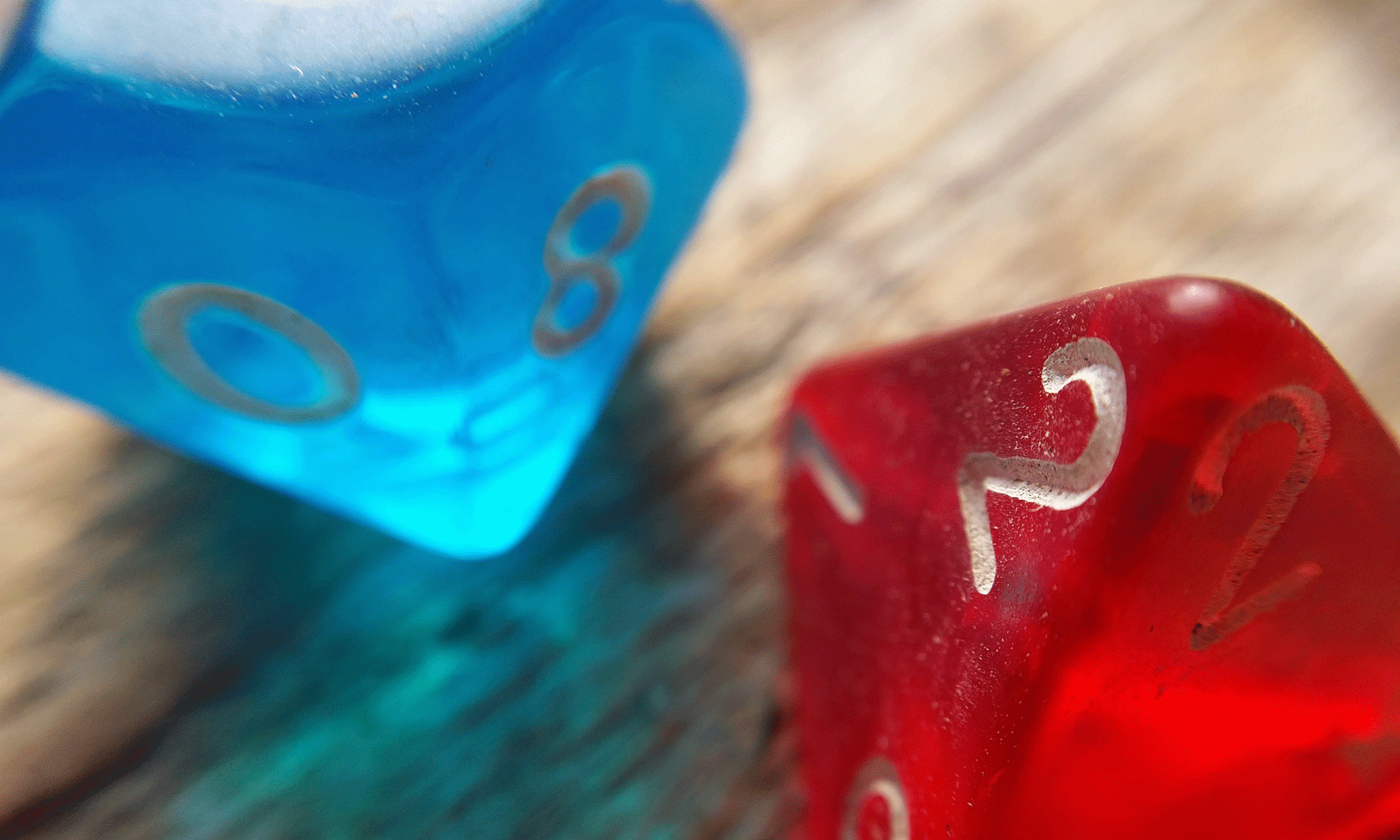Our intrepid explorers come across a natural cave mouth in the wilderness; welcome to Little Rock – a smuggler’s nest with a strange, supernatural secret.
“It ain’t much but it’s a fresh start. What do we owe the villagers? Nothing. What do they owe us? Well, Old Pete owes us for that crate of whiskey and I think it’s time we talk to the innkeeper about those weapons we’ve been hiding for him. Safira, how do you feel about punching the man who pinched your backside?”
Arneta Greenfell, smuggler

Little Rock works with any wilderness not too far away from a trading outpost or town. It works best in a setting with food scarcity or other reasons that desperate people turn to smuggling and the supernatural. Descriptions of NPCs are included and integrating them with an ongoing storyline will not be difficult.
- Violence: High; the characters will be fighting the smugglers as well as a supernatural encounter.
- Sex: None.
- Plot nature: Action, investigation.
- Primary skill set: Combat skills, history skills, Arcane Lore.
Right-click to read “Little Rock” in another tab or download the PDF file to your hard drive.
What are miniplots?
Miniplots need to be able to stand on their own. While they can reference literature or movies, they need to be able to be inserted into an ongoing storyline. Miniplots must come with all relevant information contained, or be easily adaptable to an existing game setting of somebody else’s design. Miniplots usually require integration with an on-going storyline or setting.
